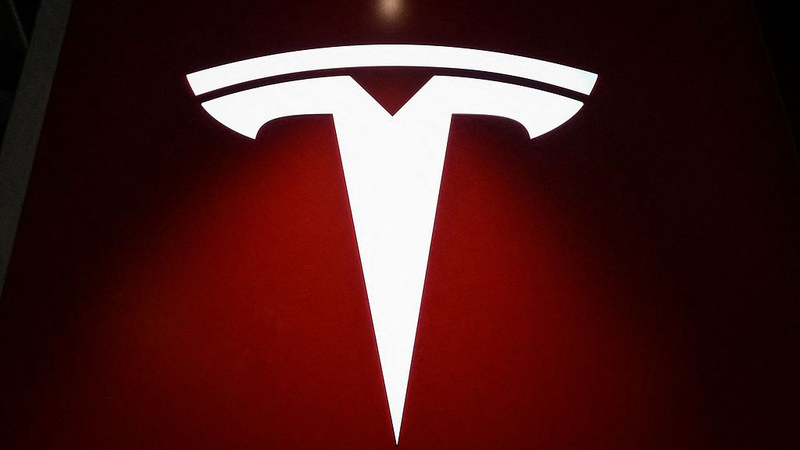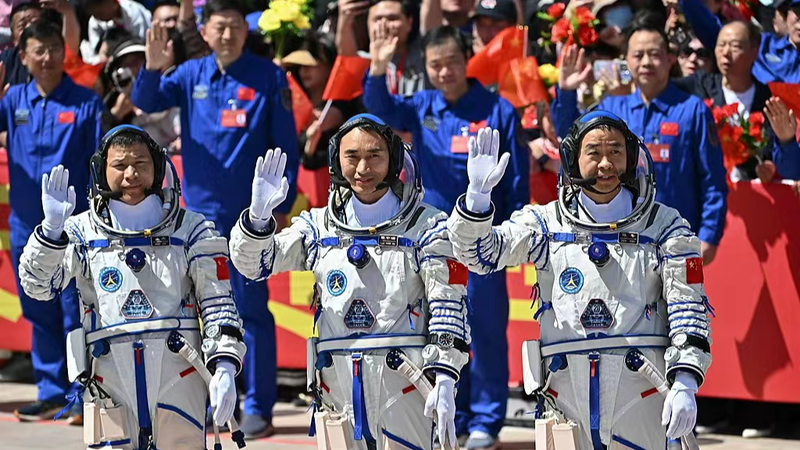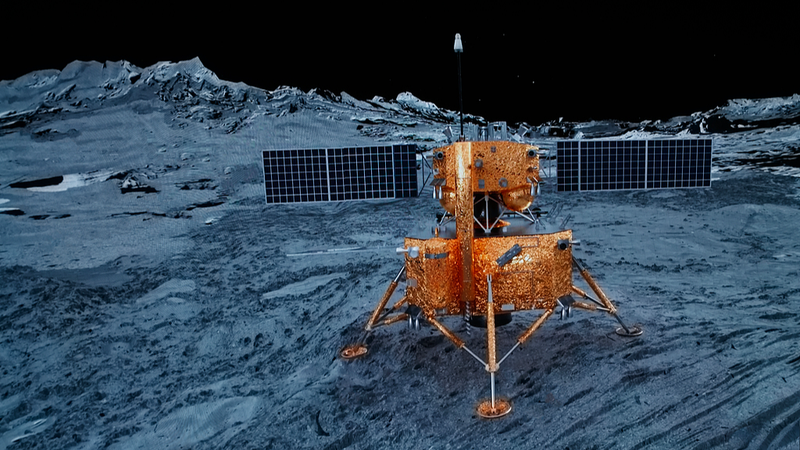In a dramatic legal decision that has caught the attention of tech enthusiasts worldwide, a Florida jury has held Tesla partly responsible for a tragic 2019 crash in Key Largo. The verdict, which totals $242 million after adjustments, comes amid growing concerns about advanced driver assistance systems and their role in road safety.
The case centers on Tesla's Autopilot system, which was blamed by the plaintiffs for the fatal accident that claimed the life of Naibel Benavides Leon and left Dillon Angulo injured. Legal expert Darren Jeffrey Rousso championed the decision with the remark, "Justice was done," emphasizing that the jury's verdict recognized the partial fault attributed to Tesla.
Interestingly, Tesla maintains that the incident was driven by human error. The company argued that the driver was speeding and distracted—rummaging for a dropped phone with his foot still on the accelerator—which overrode the Autopilot system. Tesla, however, is not backing down and plans to appeal the ruling, stating that the decision could set back vital advancements in automotive safety technology.
For young tech-savvy professionals across South and Southeast Asia, this case is a reminder of the delicate balance between innovative technology and human responsibility. As our cities become smarter and vehicles evolve with cutting-edge systems, it’s crucial to remember that no technology is foolproof. Stay alert and drive safe 🚗💡!
This verdict also sparks a broader discussion on accountability and the importance of rigorous testing in life-saving technologies—a hot topic among our generation that values both progress and safety.
Reference(s):
cgtn.com




